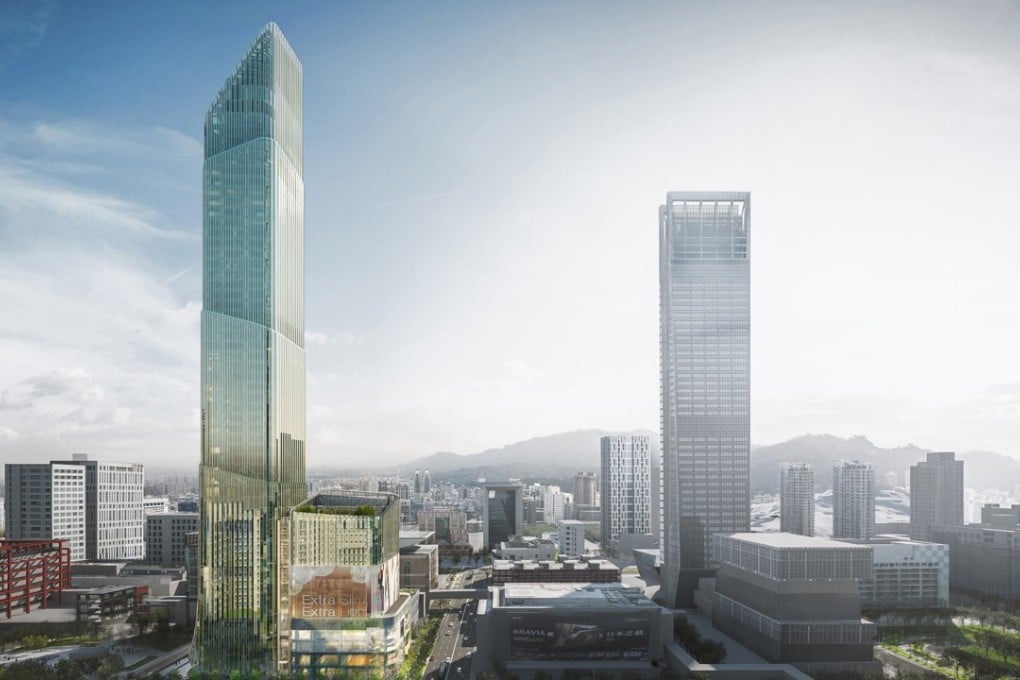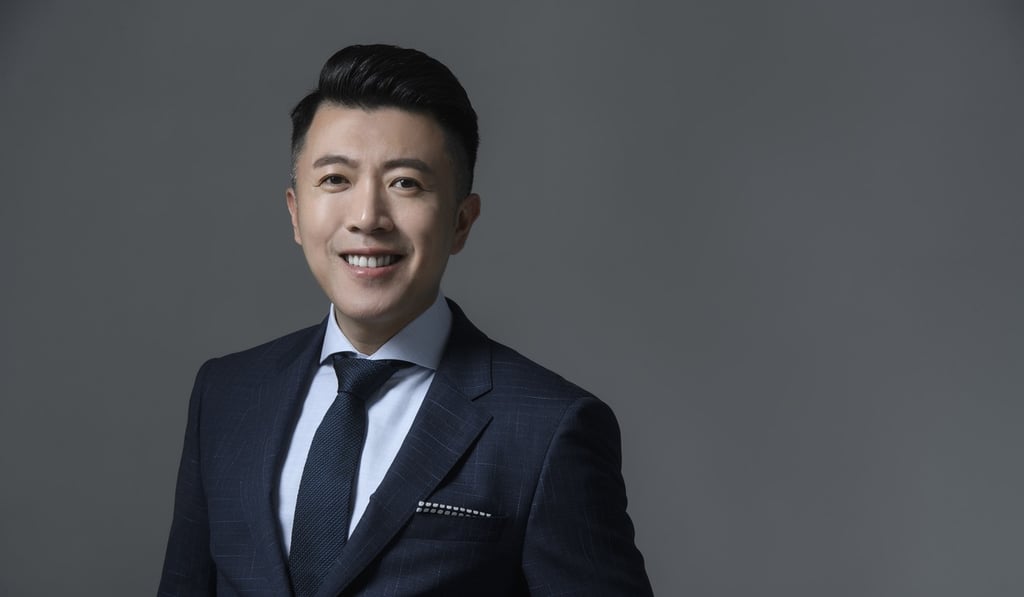New US$1.1 billion Taipei hotel looks to offer buzz to beat the lure of Airbnb
Investment fund Riant Capital says the hotel, to be jointly managed by two brands, will be ‘experiential’ while offering a guaranteed level of service that online shared accommodation does not have

A new US$1.1 billion hotel to be built in Taiwan’s capital Taipei will put the focus on user experience as it looks to deal with the growing threat to the traditional hospitality industry from private home rentals by Airbnb and similar platforms, according to its main investor.
Aaron Chan, chairman of real estate fund Riant Capital, said the Taipei Sky Tower, just a stone’s throw away from the city’s tallest building, Taipei 101, will be “experiential and exciting and at the same time consistent and operationally well run”.
“The online share economy and social media have changed the way we travel and the way we shop,” said Chan, who was formerly the head of North Asia operations at Citigroup Property Investors Asia.
“If hotels still think they are places for sleeping, they will be outdated,” he said. “The hospitality industry needs a dramatic change.”

The rise of private accommodation offered through Airbnb and other online platforms has put the traditional hotel industry on notice, but Chan said there was still room for innovative hotels that can offer a guaranteed standard of service.